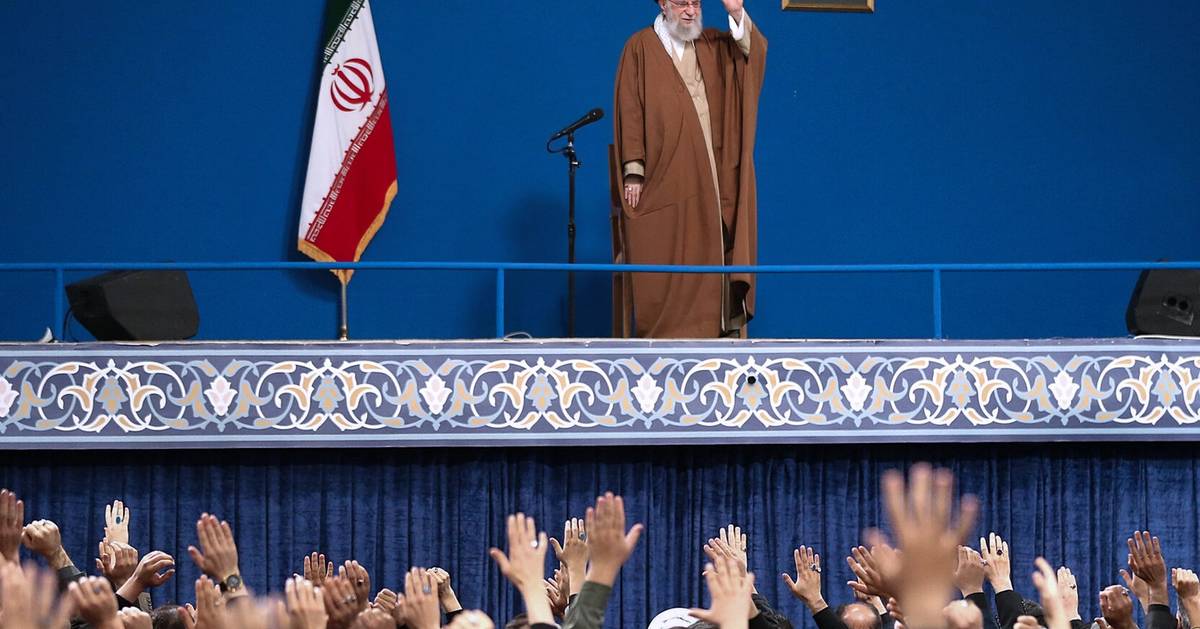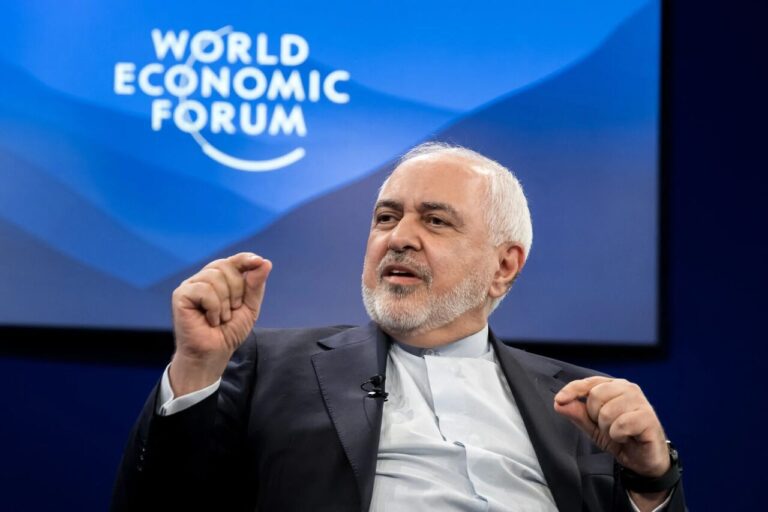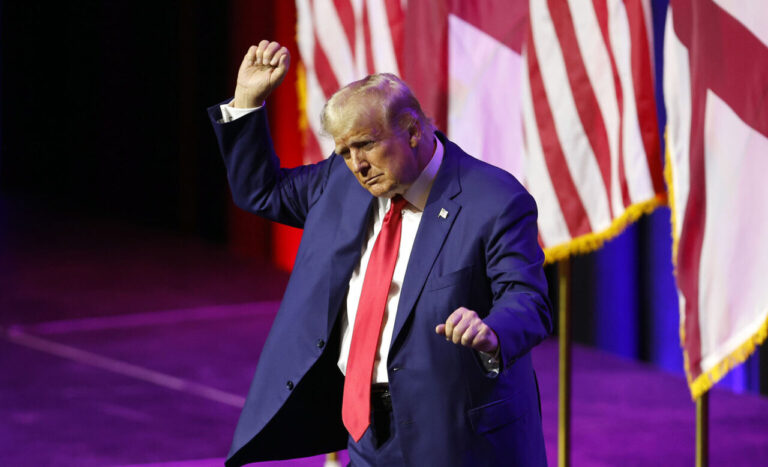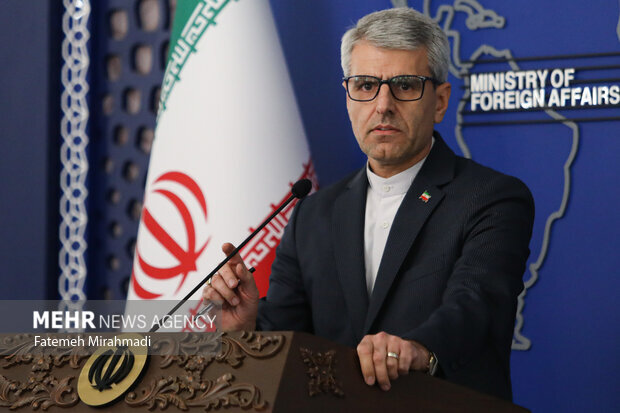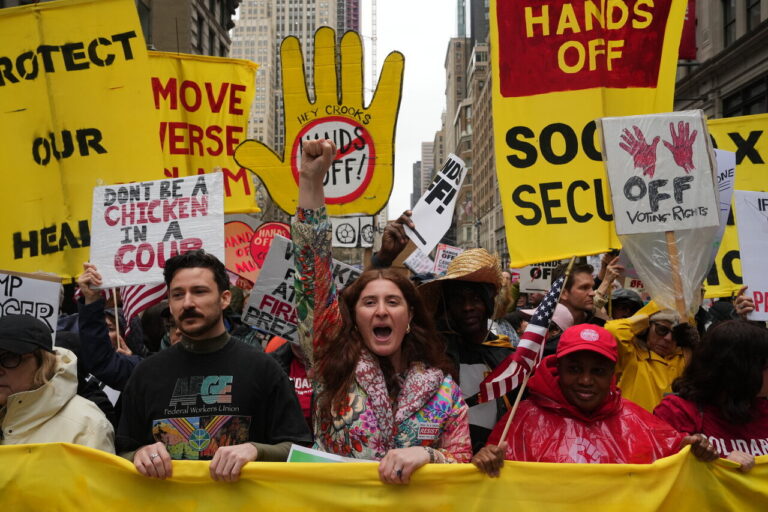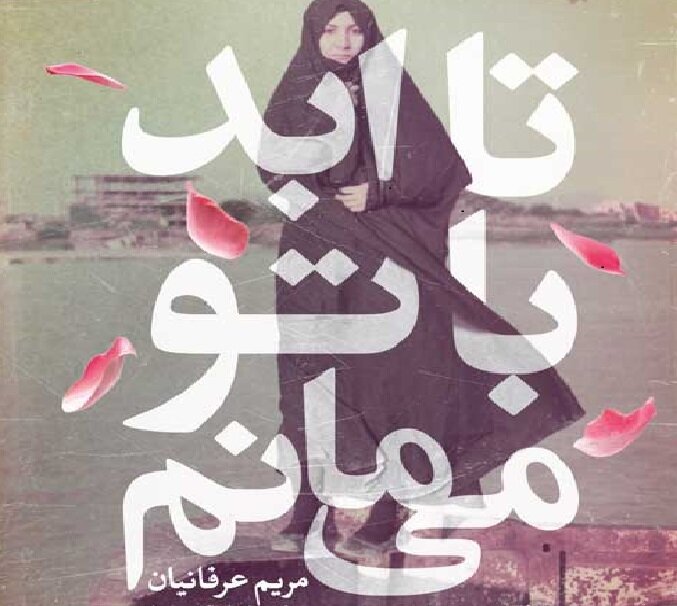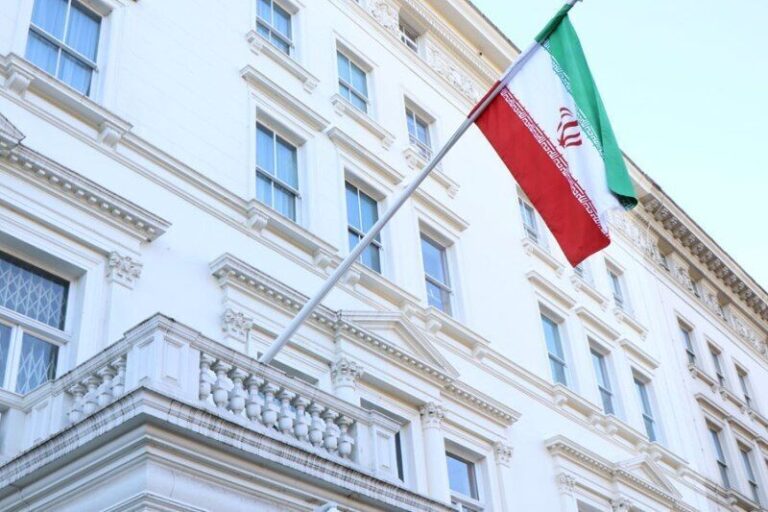Khamenei Rejects Trump’s Ultimatum, Promises Strong Retaliation Against Any Attack
In a recent address, Iran’s supreme leader, Ali Khamenei, dismissed concerns regarding a potential military confrontation with the United States over the nuclear negotiations. Khamenei emphasized that any aggression against Iran would elicit a strong response, stating that threats against the Islamic Republic would be futile.
During a nationally broadcast speech in Tehran, Khamenei asserted, “Americans must know that threats will get them nowhere in confronting the Islamic Republic. If anyone commits villainy against the Iranian people, they will be struck with a harsh slap.” His remarks were made in the context of escalating tensions surrounding nuclear discussions.
The backdrop to Khamenei’s speech includes reports that US President Donald Trump recently sent him a letter proposing negotiations within a limited timeframe. According to Axios, the letter outlined a two-month window to reach a new nuclear agreement and included warnings regarding Iran’s nuclear program expansion. The message was reportedly shared with key US allies, such as Israel, Saudi Arabia, and the United Arab Emirates.
While Tehran acknowledged the receipt of Trump’s letter, officials have refrained from publicly commenting on its contents. The Iranian foreign ministry criticized Washington for its mixed signals and indicated that any formal response would remain private.
Despite Khamenei’s firm stance against negotiations under pressure, some Iranian officials have shown a willingness to discuss indirect talks with the US. Last week, Iran’s Foreign Minister, Abbas Araghchi, hinted at the possibility of negotiations through intermediaries like Oman. He remarked, “It is not a strange method, and it has happened repeatedly throughout history. What is important is the will to negotiate under fair and equal conditions; the form it takes does not matter.”
Khamenei, however, did not acknowledge this potential for dialogue during his speech, asserting, “We have never been the ones to start a conflict. But if someone acts with malice, the response will be firm.” He also refuted Western narratives regarding Iran’s influence in the region, stating, “The Islamic Republic has no need for proxies. The people of Yemen and the resistance centers stand and fight on their own.”
These comments come in light of recent US military actions against Yemen’s Houthi fighters, who have been accused of attacking shipping routes in the Red Sea while supporting Gaza. The US government has attributed the Houthis’ advanced weaponry to Iranian support, which has raised tensions further.
This week, Trump called for an immediate cessation of Iranian support for the Houthis, warning of “dire” consequences. He stated on TruthSocial, “Iran must stop the sending of these supplies IMMEDIATELY.” Following his comments, US airstrikes targeted Houthi positions, resulting in numerous casualties, according to Yemeni officials.
Despite Tehran’s denials, US officials regard the Houthis as integral to Iran’s broader regional strategy. Khamenei’s speech coincided with his annual New Year address, in which he characterized the past year as tumultuous, drawing parallels to the early 1980s, a time marked by conflict and political instability in Iran. He cited significant national challenges, including the death of President Ebrahim Raisi, the killing of Iranian advisors in Syria, and ongoing economic troubles.
Notably, neither of Khamenei’s recent speeches mentioned Trump’s letter or the potential for renewed nuclear talks. Instead, both speeches conveyed a tone of resilience and defiance, lacking the traditional New Year greetings or symbolism associated with Nowruz. This marks the second consecutive year that Khamenei has chosen to remain in the capital during Nowruz, a decision that may reflect the overlap with Ramadan or heightened regional security concerns.
The timing of Khamenei’s remarks aligns with upcoming high-level consultations between the United States and Israel, scheduled for early next week. These discussions will primarily focus on Iran’s nuclear program and its regional activities. Israeli officials have expressed skepticism regarding the potential for successful diplomacy and are preparing for various scenarios, including military options.
As international scrutiny of Iran’s nuclear ambitions intensifies, a recent report from the International Atomic Energy Agency raised significant concerns regarding the purposes of Iran’s enriched uranium stockpile, suggesting that its intended use could not be fully justified by civilian needs.
- Key Points from Khamenei’s Speech:
- Dismissed warnings of military confrontation with the US.
- Asserted that threats against Iran would be met with a strong response.
- Criticized US mixed signals regarding negotiations.
- Highlighted Iran’s resilience in the face of external pressures.
- Iran’s Stance on Negotiations:
- Khamenei ruled out negotiations under pressure.
- Other officials, like Foreign Minister Araghchi, suggested indirect talks could be possible.
- US Military Actions:
- Increased strikes on Houthi positions in Yemen.
- Warnings from Trump about dire consequences for Iran’s support of the Houthis.
With the situation continuing to evolve, the international community watches closely as both Iran and the US navigate the complexities of their relationship amidst rising tensions surrounding nuclear capabilities.
